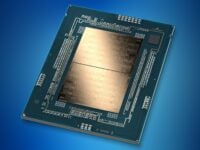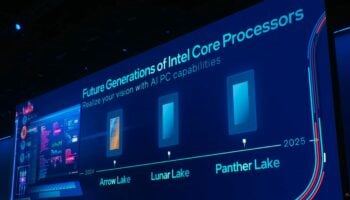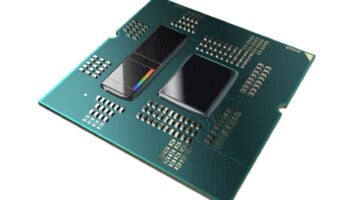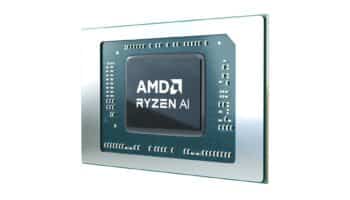According to a news report from DigiTimes, TSMC’s 3nm process is on track for volume production in the second half of 2022, further extending the foundry’s lead over rivals Samsung and Intel. However, contradicting previous rumors, the report suggests Apple will be the only client of the cutting-edge process next year. The Cupertino company will leverage the technology in its Bionic A16 SoCs for the next (to next) generation of iPhones and later on in its Mac PCs.
TSMC is unlikely to fulfill 3nm chip orders placed by Intel until 2023, alleges the Taiwanese outlet, further adding that Apple will remain the foundry’s premier customer in adopting its most advanced process technology. 2nd tier chipmakers, including AMD, NVIDIA, MediaTek, and Qualcomm will be the remaining 3nm clients set to contribute to the foundry’s remaining 3nm process ramp-up starting in 2023.
TSMC’s 7nm and 5nm family production capacities are approaching their limits, with 3nm mass production in the second half of 2022 expected to be even higher than predicted. Market analysts expect the iPhone to be the first product to leverage the new process, but the next-gen MacBook may get the go-ahead too.
In addition to AMD, NVIDIA, Qualcomm, and MediaTek, several AI chip companies have increasingly become reliant on TSMC, but both Google and Tesla have partnered with Samsung for their next-generation of 5nm chips. The former, however, remains hopeful that Samsung’s limited yields and capacity will soon drive clients back to Taiwan.
It is worth mentioning that TSMC’s average revenue per wafer has always been higher than Samsung’s. In recent years, the deltas have only increased. However, Samsung’s troubles with advanced nodes have left chipmakers with limited options: Either pay more and reduce profit margins or pay less and stick to more mature nodes. An excellent example of the latter is NVIDIA. The GPU manufacturer relies on Samsung’s 8nm LPP node for its GeForce RTX 30-series GPUs. But despite being inferior to TSMC’s 7nm offerings, it has had no trouble retaining the high-performance crown.
Both AMD and NVIDIA are expected to leverage TSMC’s 5nm EUV process for their next-generation of graphics cards, alongside Qualcomm and MediaTek in the second half of 2022 when Apple begins the transition to 3nm.
Source: DigiTimes





